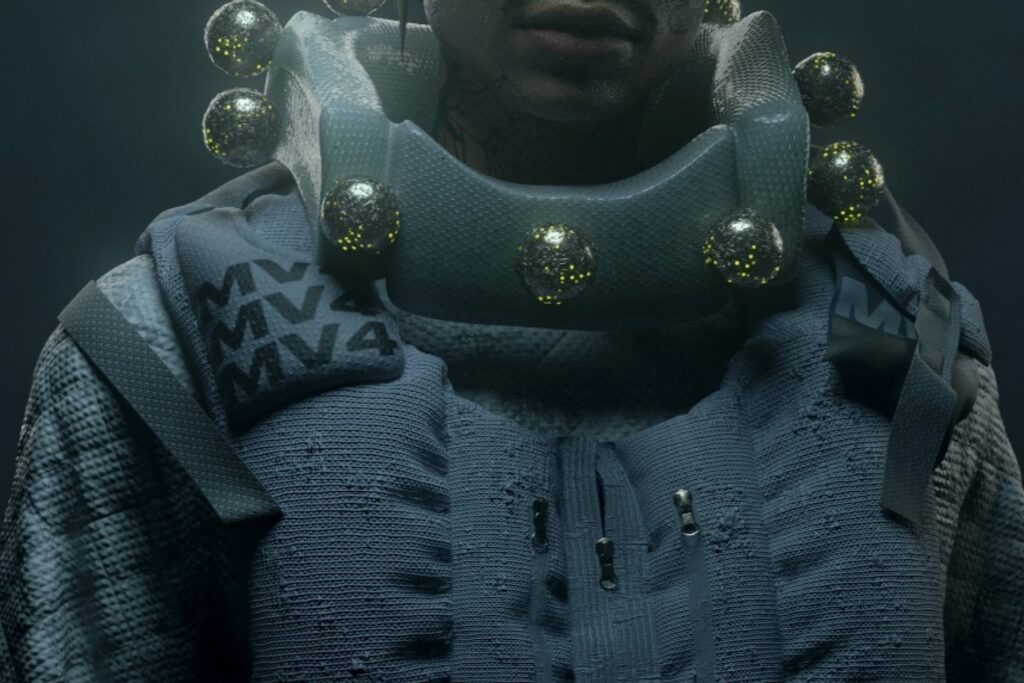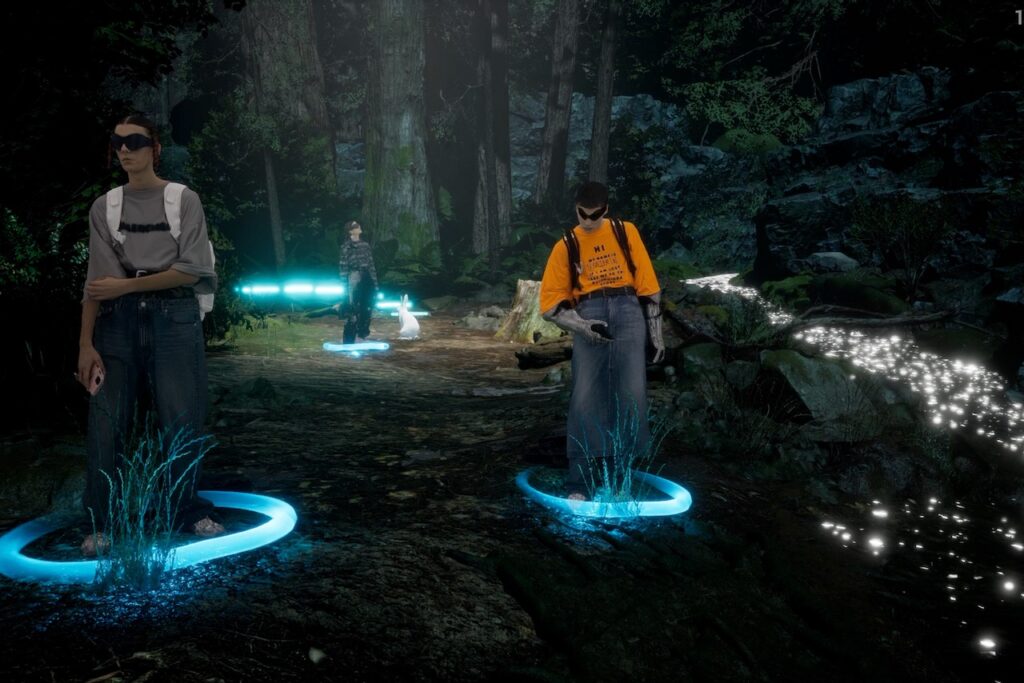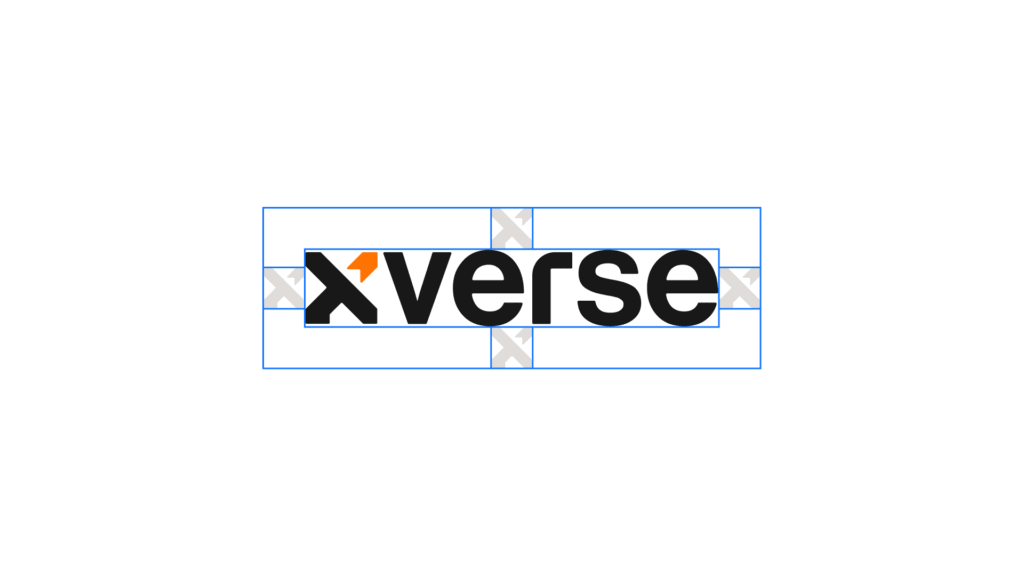It’s all about the money money, we just need your money money money… That’s how the song goes right? But now in all seriousness, we’ve slowly but surely witnessed a significant amount of industry giants dive into NFTs. We’ve been sold the tale that they have opened their eyes and realized that the future is digital and that they are playing their part in, essentially, driving the world forward. But is it true? Because to us it just sounds like big brands are using NFTs to drive their sales, and don’t actually give a damn regarding what NFTs are really about.
But how are big brands doing this? How are they using NFTs to boost sales?
Industry giants need the little guy to hold their NFT hand
These industry giants probably know that the digital realm is a world unknown. A world in which they do not have the head start they enjoy in its physical counterpart. Luxury brands and household names’ greatest asset is their reputation. The fact that their name is synonymous with quality, with the highest craftsmanship, and with the most luxurious materials. This assures them a consistent stream of high-quality clients and loyal customers. But the finest Italian leather doesn’t mean much in virtual fashion.
One of the key selling points of the metaverse is its decentralization, and many are sceptical about industry giants coming in and reaping the benefits of the hard work of countless small creators, visionaries ahead of their time. Gucci, Louis Vuitton, Nike… Their names don’t open digital doors on their own, because to NFT audiences, they don’t mean much other than huge companies that make a lot of money selling physical products. We’re talking about dedicated communities that have grown together. It’s precisely because of this that we have witnessed a wave of collaborations between big brands and NFT creators because big brands knew that in order to successfully penetrate the virtual market, they need someone to basically vouch for them.
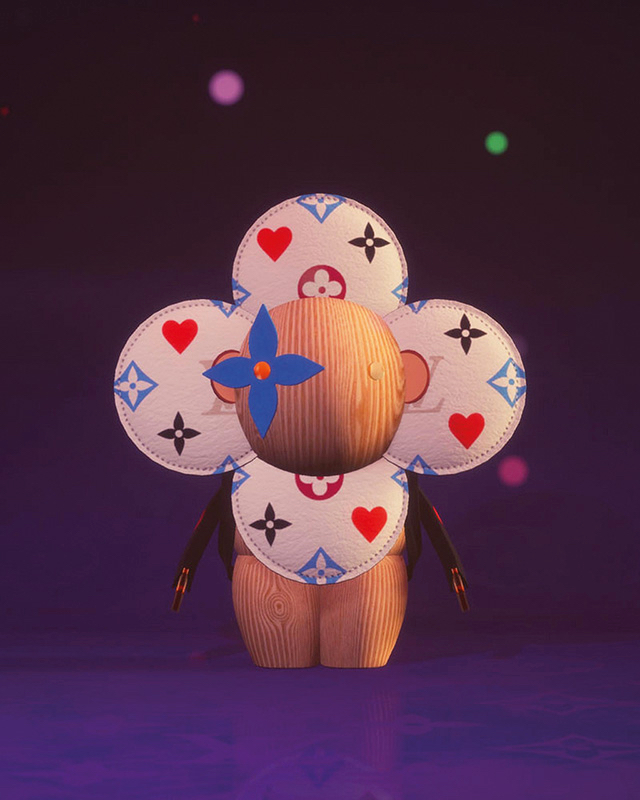
Big brands have the means to carry out huge projects, and small NFT artists / designers / developers have the expertise, and the digital cred, to make them successful. Everybody knows this.
Louis Vuitton did it with Beeple, Gucci did it with NFT artist Superplastic, and Visa did it with Cryptopunk.
The community-building power of NFTs
If at this point you’re wondering why industry giants would care about the type of audiences that are into NFTs, cryptocurrencies, and the Metaverse, simply think about what qualities are inherent to these communities. Passionate, loyal, and vocal. If you capture the attention of an NFT audience and then proceed to take care of them, they will become the key to boosting sales. How? By making brand advocates out of fans.
NFT collections aren’t only an investment, they represent the membership to exclusive clubs. The more desirable the membership becomes, the juicier and more cost-effective the investment is. And these club members are often among the most vocal audiences out there, because they themselves know that they can drive the desirability of their NFTs up simply by talking about it. This ‘started from the bottom now we’re here mentality’ has worked wonders for project such as the Bored Ape Yacht Club.
The Bored Ape Yacht Club: A perfect example of how NFTs incentivize self-promotion
The first 10K were sold for a couple of hundred dollars each, and most buyers began talking about it on social media, changing their profile pictures, following each other, interacting with each other…etc. The value of the BAYC’s NFTs only grew bigger and bigger, with the current floor price being $300k. All because this community brought itself up. It’s a positive feedback dream. The community drives the hype up which drives the value up, which drives the hype up, which drives the community up, which drives the value up… And so on and so forth.

So, of course, what happened? An industry giant, Adidas in this case, saw its opportunity to sink its teeth into a dedicated community and benefit from its mobilizing power. Adidas purchased a Bored Ape Yacht Club NFT and will be using it as a character in the metaverse. And in case there was any doubt, they know exactly what they’re doing. The introduction for their BAYC Metaverse character, Indigo Herz, revolves around how the bored ape is fascinated by the idea of representing Adidas, and that his priority is the community. Not only that, but Adidas is also working with Punks Comic and GMoney as part of its NFT roster.
Do big brands really care about NFTs?
That’s the question, isn’t it? Are brands and retailers truly shifting towards NFTs as an actual move and integrating them into their infrastructure, into their core? Or are they treating it as a one-off marketing ploy? Wear the t-shirt for the day then scrap it when everyone’s seen you wear it kind of thing. For many brands, releasing an NFT seems no different than releasing a limited-edition product to pump up the hype, generate buzz, and infiltrate their name in the industry’s latest news. Could businesses’ incursion into the NFT world be nothing more than their latest attempt at showing up in the news cycle and having their simultaneously associated with the latest trend? NFT was, after all, word of the year in 2021.
Surely the unfathomable sums of money being thrown into NFTs by brands should be proof enough that there’s a latent commitment to digital fashion and the Metaverse. And yet many of these NFT investments seem no different than their latest marketing campaign, promptly earning back hefty returns. Nike bought NFT sneaker pioneer and digital fashion market leader RTFKT in December, and while terms of the deal weren’t disclosed to the public, it was estimated that RTFKT at the time was valued at $33 million. That’s a lot of money to pay for a marketing ploy to get your name out there, isn’t it? Well, this move earned the sportswear giant 11$ million alone during the release of its first virtual sneaker set earlier this year.
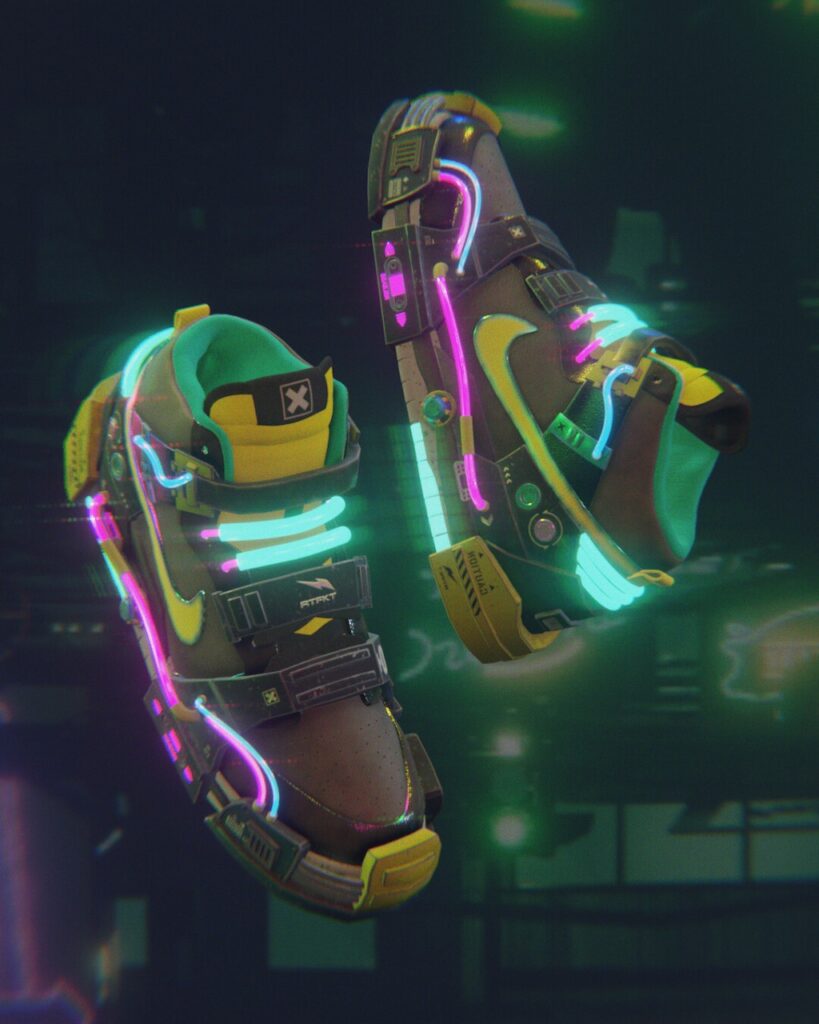
It’s the same old story. Does going mainstream kill the soul?
There’s no doubt that big brands are benefiting massively from their incursion into NFTs. Their names are in everyone’s mouth, their pocket overflowing with dolla dolla bills y’all. But isn’t that what happens every time something ‘makes it’ and goes mainstream? It happened to streetwear… Why are we any surprised it’s happening to NFTs? Some might say “Well yes, but NFTs are rooted in the idea of decentralization!”. To that we would reply: Streetwear arose from a ‘stick it to the man’ mentality, an anti-status-quo, a big ol’ fuck you to the elite. And now that very elite dons the baggiest clothes, the sickest kicks, and the most oversized hoodies on the costliest of runways. This doesn’t mean that there aren’t plenty of brands that make streetwear with its founding principles at heart.
All in all: Do big brands truly care about NFTs? Probably not! They’re multi-million or billion dollar companies, they care about money, duh. But… Does it matter? Also probably not. There’s no denying that the interest shown by industry giants in NFTs, as well as their investments and active involvement, have made the market soar. But if you’re so worried about the balance of power shifting from the little guy to the big guy in the Metaverse, put your money where your mouth is and support the little guy who you might’ve not known about in the first place if the big guy hadn’t come to play too.




